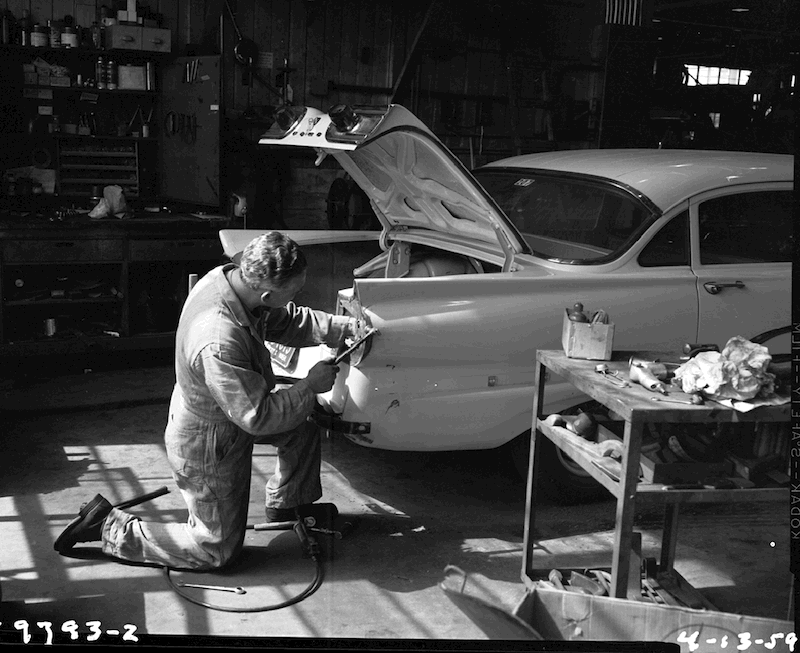By Martin Vogel

I haven’t much time for the anti-expert sentiment that came out of the referendum campaign. But the Brexiteer blogger, Pete North, has made an articulation of the case against expertise that makes sense to me. He takes issue with the the narrow economistic perspective advocated by the corporate sector and he rightly points out that other considerations are at play in Brexit:
“There seems to be a quest to seek out a perfect answer to a complex question. But there is no perfect answer because you have to hold this Brexit crystal up to the light and see the many reflections it casts. It is entirely a matter of perspective and it extends beyond the realms of economics and into the domain of identity, culture, heritage, class and a myriad of rational and irrational concerns, all of which have equal standing. So diverse are the views that there is only really one way to settle it. Democracy. Imperfect though it may be, it is at least fair.”
Much as I agree with the sentiments expressed, this doesn’t amount to a convincing case against expertise. Rather, it underlines that what we take to be expertise in public debate is much too narrow.
Continue reading “In praise of philosophers and other experts”



